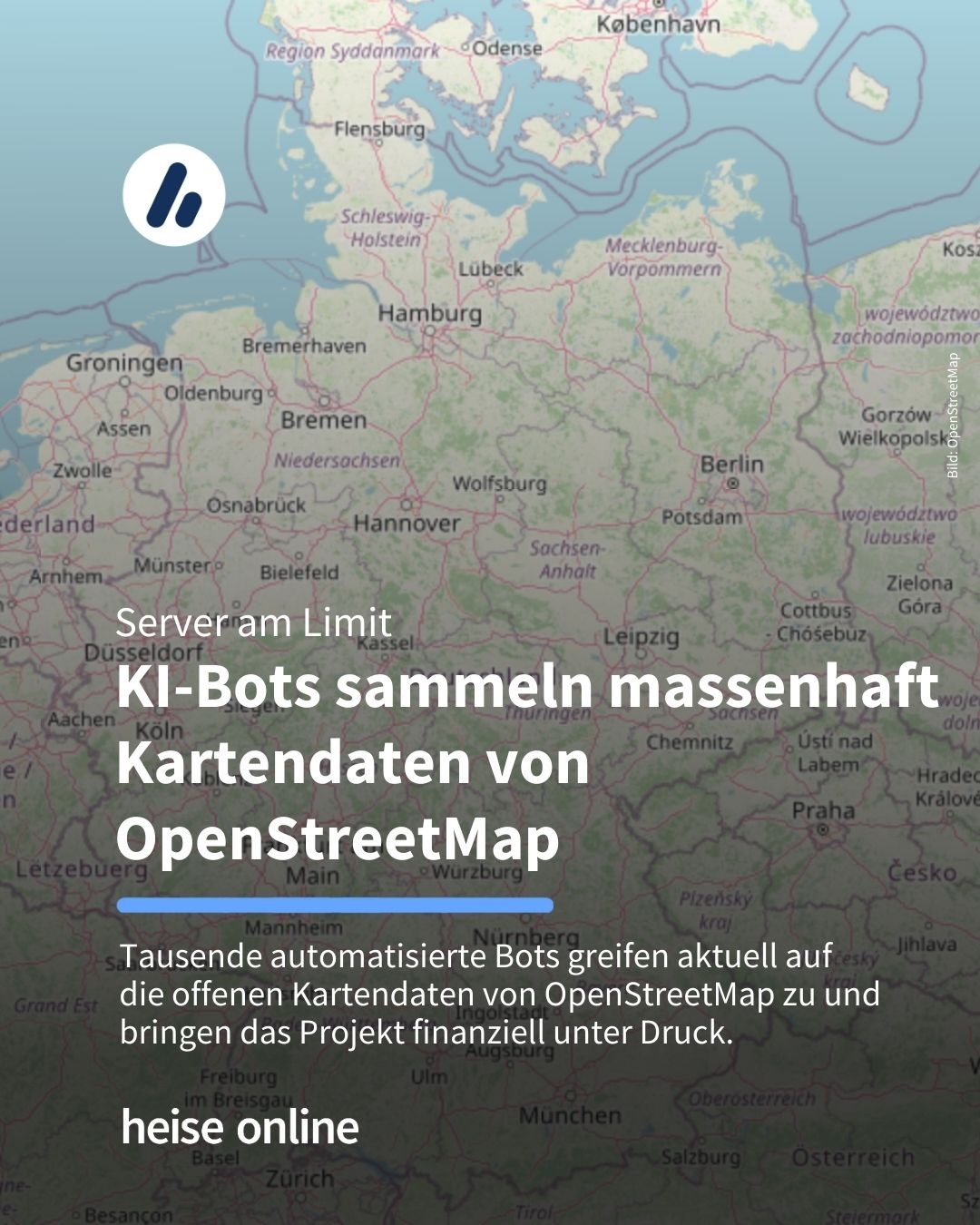This is insane and at the same time very interesting. @algernon's iocaine (a tarpit system designed to entrap #AI bots) instance served more than 100M requests in just 24 hours:
"In the past 24 hours, it served 102.23M requests, 99.79% of which were garbage, 0.19% passed through unscathed, and 0.011% were fed to the Cookie Monster. This required about 145.40MiB of memory on average, and 455.27GiB of absolute trash was generated for the nastiest visitors."
https://come-from.mad-scientist.club/@iocaine/statuses/01KBK73ZEQTHAVWKH2FX4HCYM4
Beyond @iocaine, there is an expanding range of similar tools that can be adapted to various needs. @asrg has compiled an interesting list of such tools and frameworks here: https://algorithmic-sabotage.gitlab.io/asrg/sabot-in-the-age-of-ai/





